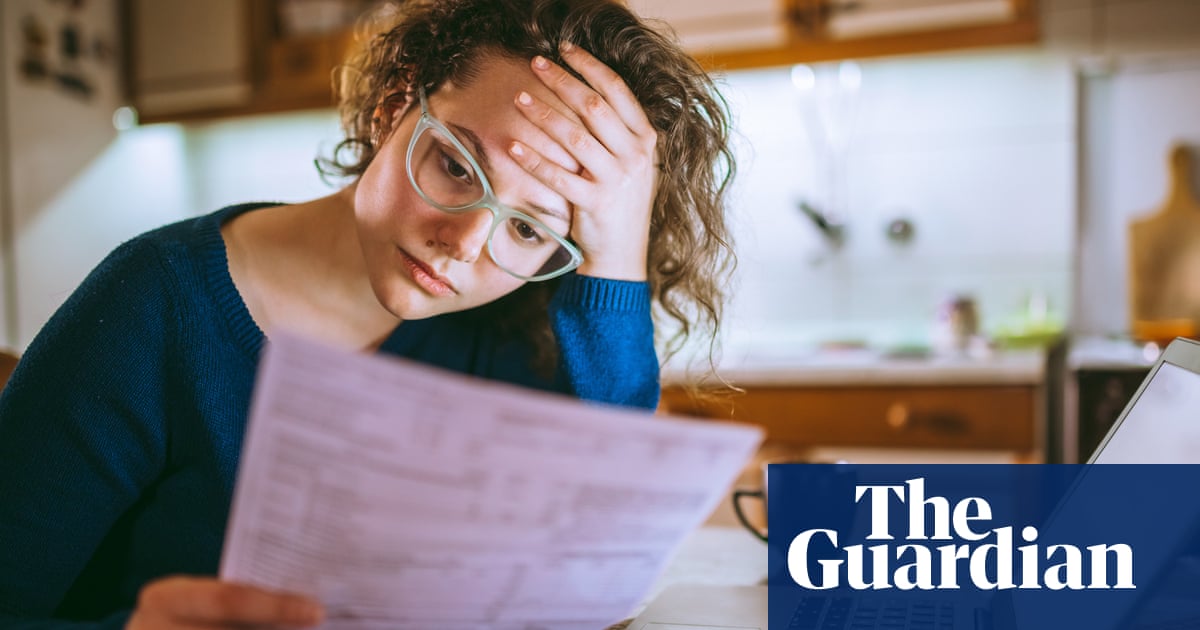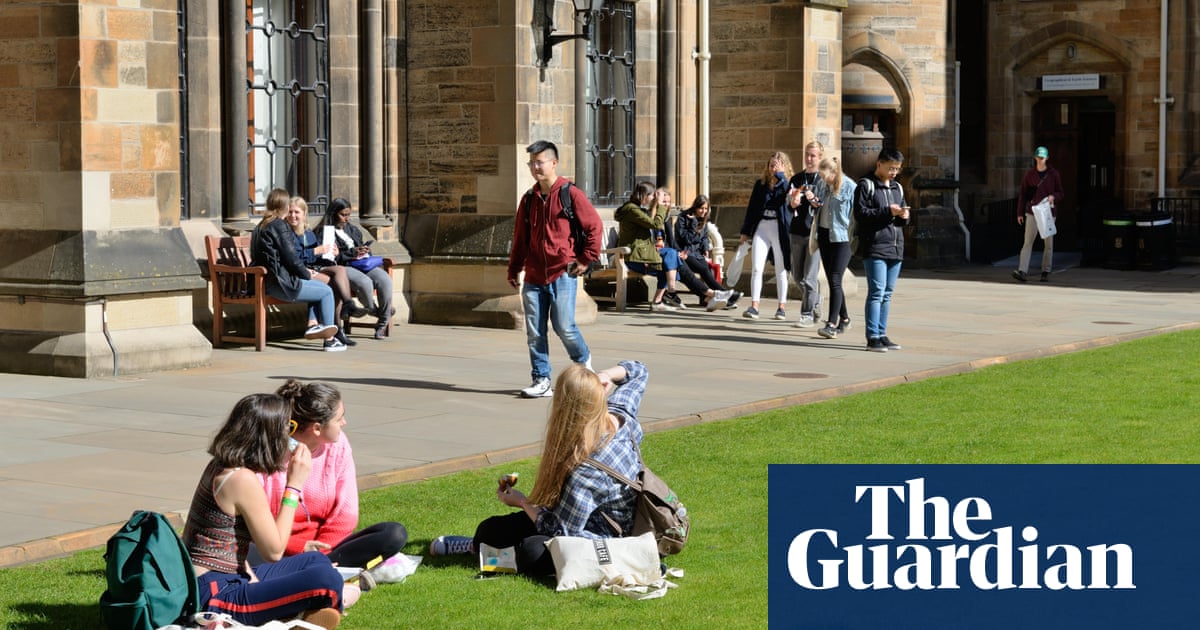
One in seven people in the UK are skipping meals or going without food, according to new polling data released by the Trades Union Congress (TUC).
The data from an MRP poll by Opinium reveals that more than half of British people are cutting back on heating, hot water and electricity in the cost of living squeeze, and one in 12 have missed the payment of a household bill.
With inflation running at 10%, the polling found that one in seven people are skipping meals but that rises to one in five people in nearly 50 constituencies across the country.
It reveals that Birmingham Ladywood is the constituency with the highest number of people going without food, at 29%, followed by Dundee West at 27%, Glasgow at 24% and Rhondda at 24%.
The proportion of people across the UK skipping meals is the same for people in and out of work at 14%, while about 44% say they are having to cut back on food spending.
The TUC says the findings on the cost of living are a “stark reminder” of the pressures facing households throughout the UK. It calls for the government to stick to plans to uprate universal credit, benefits and pensions in line with inflation, increase public sector pay in line with inflation, and raise the minimum wage to £15 an hour as soon as possible.
It says the poll reveals that nearly seven in 10 people in the UK back raising the minimum wage to £15 an hour.
Frances O’Grady, the TUC general secretary, said: “This polling lays bare Britain’s cost of living emergency. Food and energy bills are soaring, but real wages are plummeting.
“Unless we get pay rising across the economy – and ensure benefits rise in line with inflation – we risk heading towards Victorian levels of poverty.
“The Conservatives should be working with unions to help households get through this crisis. But they want to make it harder for working people to win better pay and conditions.”
A government spokesperson said: “The government is determined to make work pay and in April we increased the national living wage to £9.50, the largest ever increase since its introduction in 2016.
“We know the pressures people are facing with rising costs, which is why we are supporting people with their bills including vulnerable households receiving £1,200 in direct payments, on top of the energy price guarantee.”
The cost of living data was complied alongside a comprehensive Opinium poll that revealed earlier this week that about 10 cabinet ministers, including Jacob Rees-Mogg, Thérèse Coffey, Jeremy Hunt and Simon Clarke, would lose their seats in a general election.
The poll, using the MRP method to estimate constituency-level results, projected a 1997-style landslide for Labour, with the party winning 411 seats. It suggested the Conservatives would lose 219 seats to end up on 137, with the Liberal Democrats on 39 seats and SNP on 37. It projected a vote share for Labour of 43%, with the Conservatives on 28%, the Lib Dems 13%, Green 7% and SNP 4%.
The survey was carried out with more than 10,000 adults on 26 to 30 September – two weeks before Liz Truss scrapped large parts of her mini-budget and sacked her chancellor, Kwasi Kwarteng. Several polls have worsened further for the government since then.











